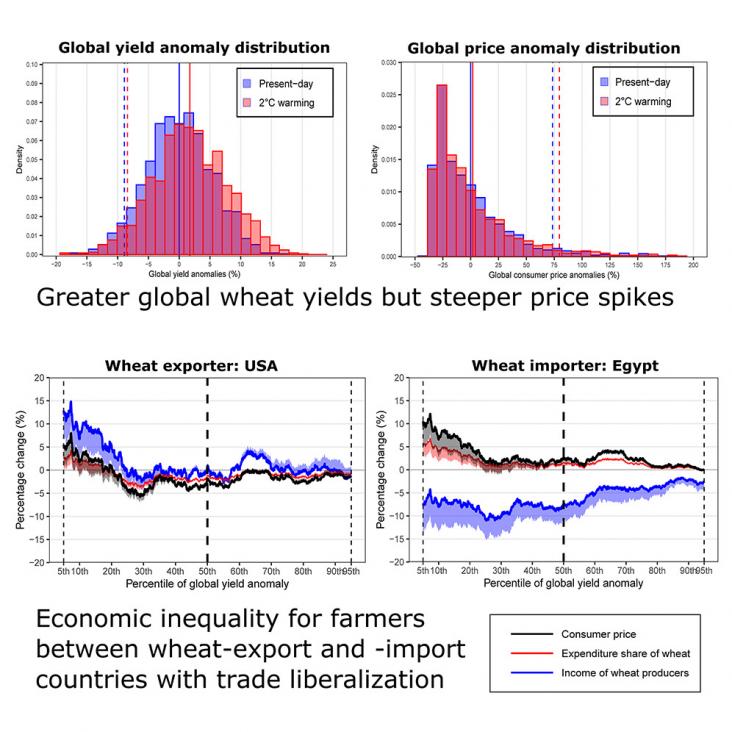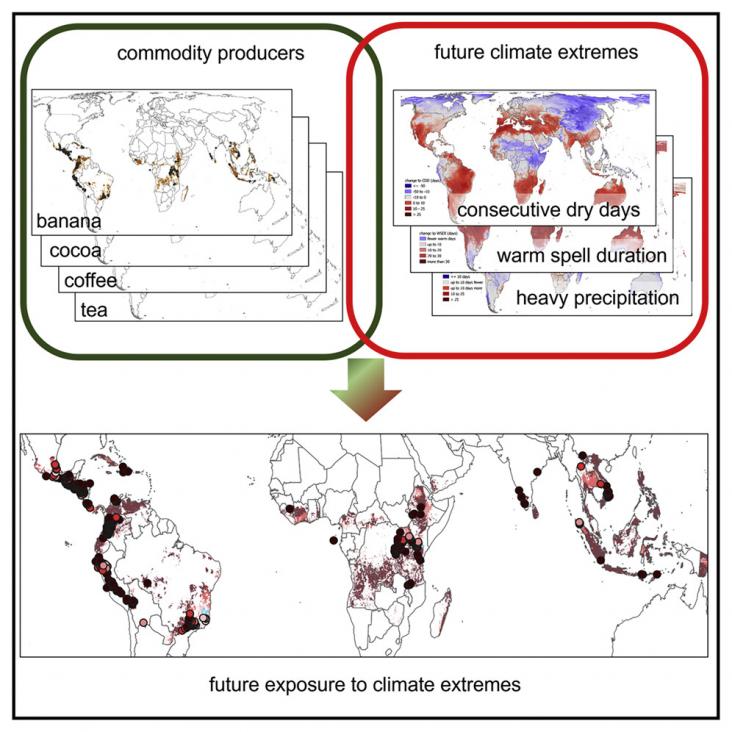An examination of climate change as a sociological event.
Elsevier,
New Aspects of Meat Quality (Second Edition): From Genes to Ethics, Woodhead Publishing Series in Food Science, Technology and Nutrition, 2022, Pages 533-557
Insects are becoming an increasingly attractive option as a sustainable food source, both for humans and animals. This chapter covers this growing area of interest in the research community as well as the challenges of farming and harvesting insects for food.

The paper shows that future global wheat prices will exhibit steeper spikes at 2°C global warming despite a 1.7% increase in production, increasing inequalities.

Analysis of how drought, heat stress, and heavy precipitation could affect over 1.6 million producers within the Fairtrade supply chain by 2050.
The objective of this paper is to critically analyse the innovative passive nZEB building concept ‘2226’ regarding its climate impact via the initial prototype building ‘be 2226’.
The Philippine government included the health impacts of climate change as a priority area for research funding. An analysis of stakeholders was done to assist the government in engaging research and government stakeholders in producing climate change and health research.
Cities are at the forefront of the global challenges of climate change. Compared to other urban problems, the complexity and uncertainty of climate change presents new governance challenges.
This chapter advances the UN SDG goals 7, 11, and 12 by defining the three fundamental strategic priorities of sustainable energy management: exploitation of renewable energy sources, energy efficiency, and risk management, and presenting the basic model for risk management in the field of sustainable energy management.

The United Nations General Assembly decided that International Day of the World’s Indigenous Peoples would be observed every year on 9th August. On this day, people from around the world are encouraged to help spread the UN’s message on the protection and promotion of the rights of indigenous peoples. Elsevier is pleased to share this special collection of freely available articles to help spread awareness about this important topic. Please feel free to download and share these papers.
Climate adaptation and mitigation strategies aim at strengthening existing food systems and infrastructure of agro-ecosystems, to make them more resilient to the effects of climate-led adversities.
